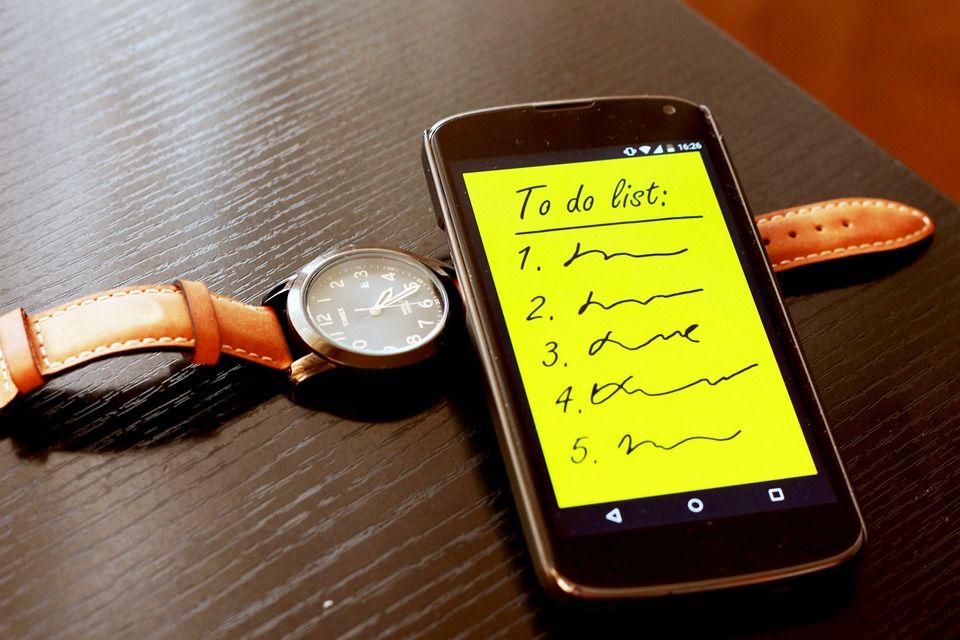Facebook makes me less happy. When exposed to the ‘wonderful’ lives of others, I think less of my own. The same goes for LinkedIn. Have you experienced this?
From dissatisfaction to action
You rarely win when you compare yourself to others. Typically, you compare yourself to those you think are worth more in some way or have achieved more than you.
My brain loves to quantify. It wants to rank and position me in relation to my peers. What can I do about this?
I list what I’m satisfied with and what I’m unhappy with. Then I review the list to see what is changeable and what is not.
The core tasks of jobs are generally fixed, which is problematic if that is the reason for my dissatisfaction. This has happened, and when it did, the solution was to find a new job.
Area of influence
Often, I can influence most of my ‘unhappy list’. Not everything about a job is fixed, and sometimes a chat with the boss can make a difference.
By concentrating on what I can influence, I can focus on the actions that move my career in the direction I want. Reflecting on work can help move things along – for example asking myself:
• What tasks can I solve now that I did not solve a year ago?
• What have I accomplished within the last month?
• What have I done this week to become a better colleague?
Prioritisation
My career is a balance between what I can do and the effort involved.
Firstly, do I have the necessary skills to realistically pursue my goals.
Secondly, what is the required effort – for example, the hours needed, responsibilities involved and the number of deliverables.
Both are dynamic. I can study and get smarter, and I can, along with my family, reprioritise how much I will work.
It has taken me years to learn that comparison with others is inaccurate and irrelevant. To quote Theodore Roosevelt: “Comparison is the thief of joy”.
However, to find inspiration and learn from others is a source of wisdom. And the difference is worth noting …


